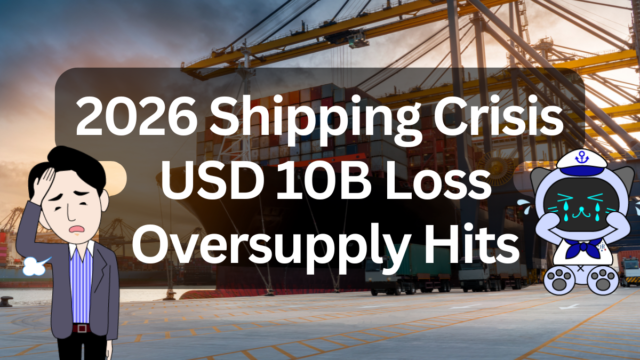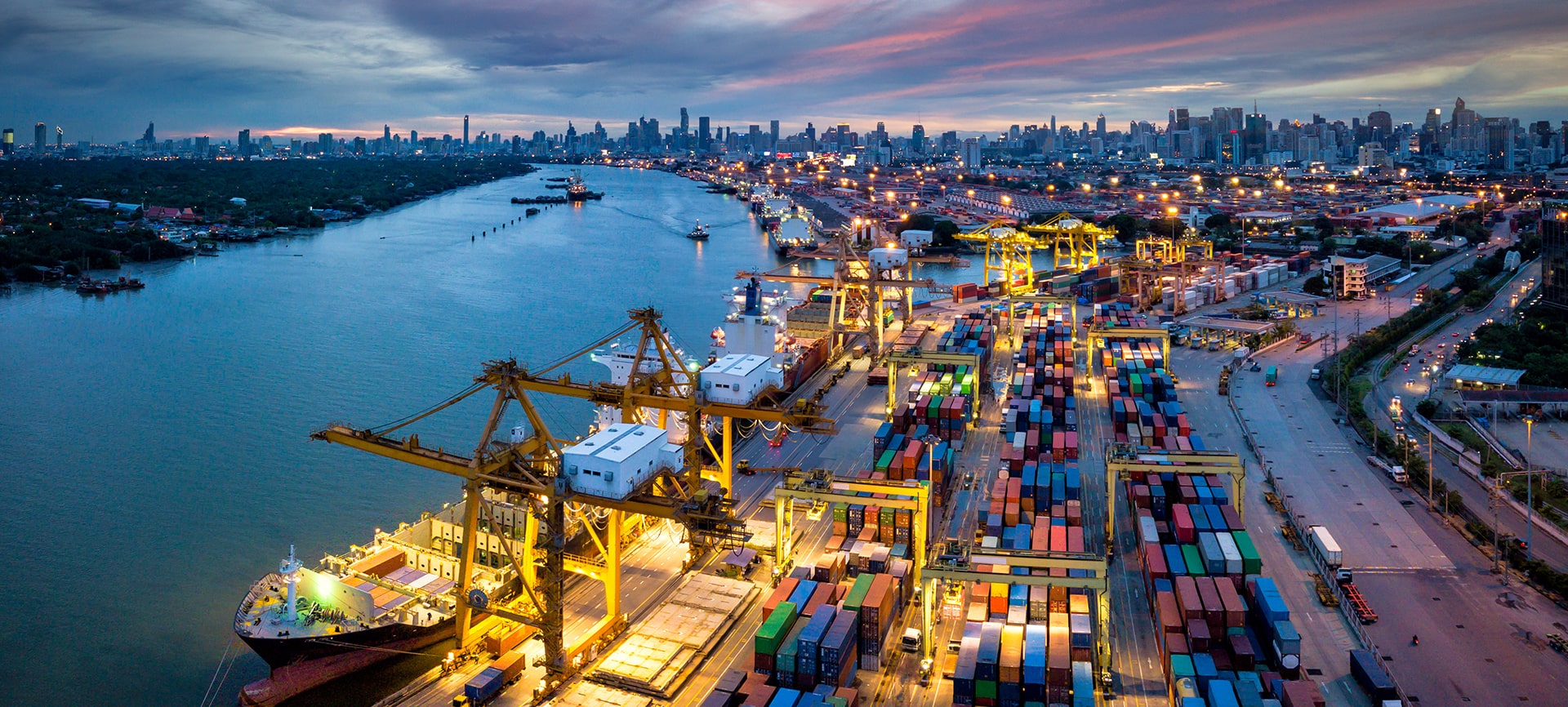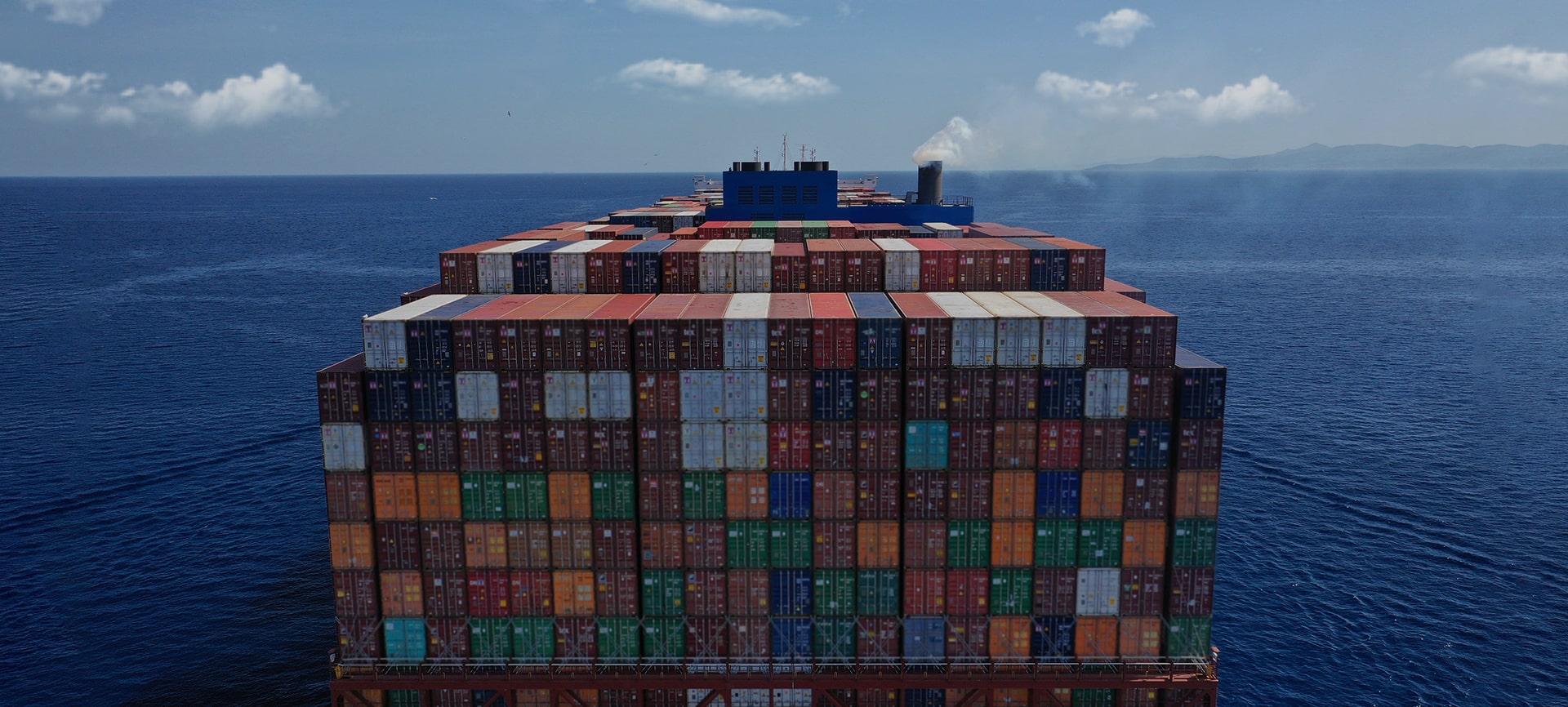Posted on: November 13, 2025 / Last updated: November 13, 2025
Ethanol Emerges as a Leading Next-Generation Marine Fuel
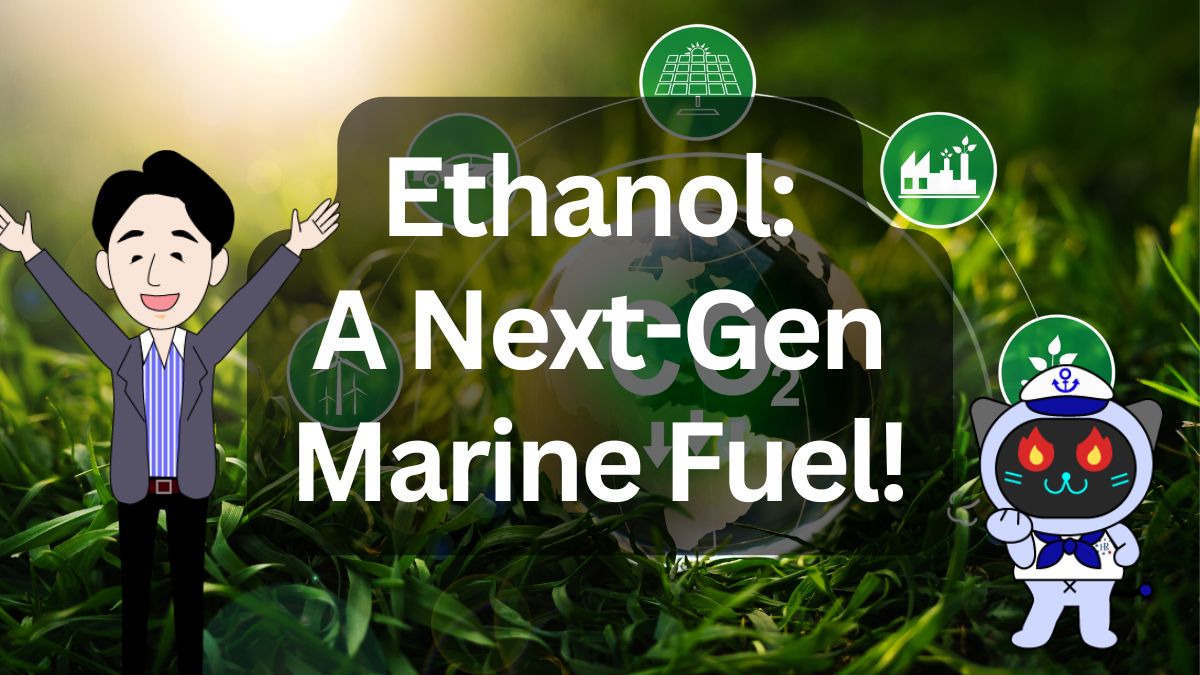
The maritime industry is intensifying its competition over next-generation fuels.
While methanol, ammonia, and LPG have led the conversation, ethanol is now rapidly rising as a major contender.
Why is ethanol attracting attention? How does it differ from methanol?
This article explains the engine makers’ latest moves and the potential impact on decarbonization strategies.
CONTENTS
Why Ethanol Is Gaining Attention as a Marine Fuel
Three major factors are driving ethanol’s rise:
- Large-scale global supply already exists
- Easy to adopt as a carbon-neutral fuel
- High compatibility with methanol systems
1. Large supply infrastructure
Ethanol is widely produced from biomass in North and South America, and fuel infrastructure already exists due to automotive use (E10, etc.).
2. Carbon-neutral characteristics
Bioethanol is effectively carbon-neutral across its lifecycle, aligning well with IMO regulations.
3. Compatibility with methanol systems
As alcohol-based fuels, ethanol and methanol share similar properties, allowing easier conversion from methanol-ready engines.
Why the Shift Toward Ethanol Is Happening Now
Two recent developments accelerated ethanol’s momentum:
- Rapid growth in methanol-fueled vessels
- Shortage of green methanol
As methanol demand surged, green methanol production lagged behind, pushing ethanol into the spotlight.
Engine Makers Accelerate Ethanol-capable Technologies
The pace of marine decarbonization depends heavily on engine manufacturers.
Two global leaders are moving fast:
- WinGD: Based on X-DF-M, convertible to ethanol with fuel valve and tuning changes
- EVERENCE (ex-MAN ES): Successful ethanol combustion tests, preparing for commercialization
Their alignment is expected to accelerate adoption by shipowners.
Future Potential of Ethanol Marine Fuel
Ethanol offers high practical feasibility:
- Lower transition costs due to methanol compatibility
- Existing supply chains reduce risk
- Strong alignment with global decarbonization policies
Key future factors include:
- Newbuilding trends among shipowners
- Fuel policy and regulatory frameworks
- Bioethanol supply expansion in the Americas
Conclusion
Ethanol is emerging as a strong next-generation marine fuel, backed by supply strength, compatibility, and expanding engine support.
A paradigm shift in marine fuels may already be underway.


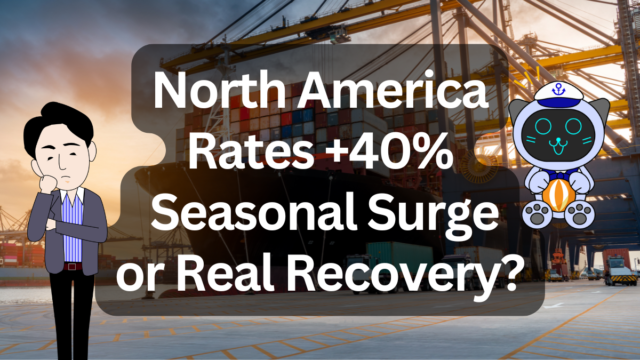
![[Logistics Finance Revolution] Mitsui & Co. Opens Digital Securities for Aircraft and Ships, Redefining Supply Chain Investment | IINO san's Logistics News](/wp-content/uploads/2026/01/20260113en-640x360.png)


